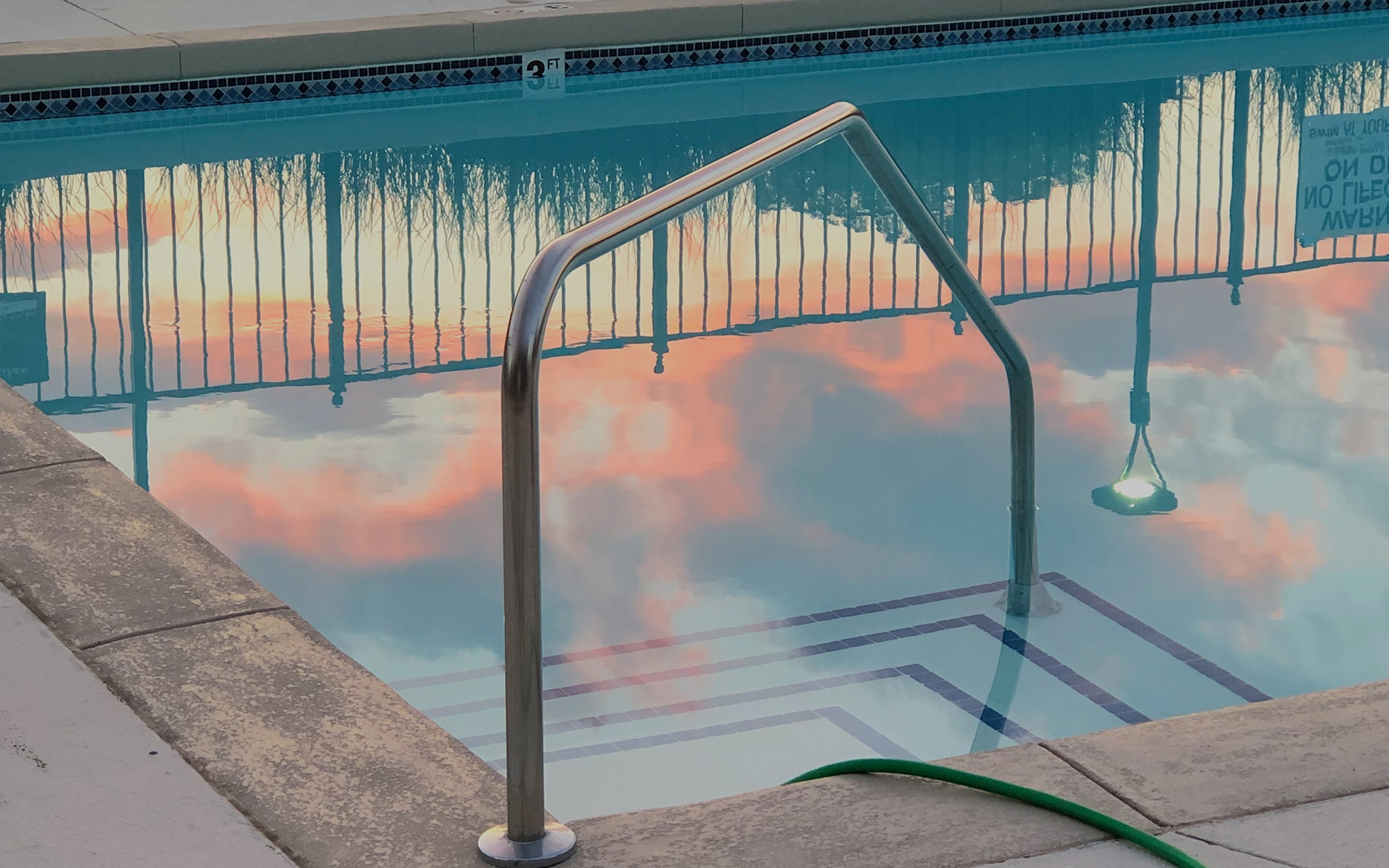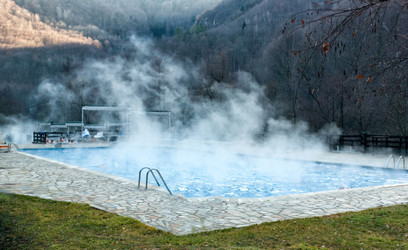Pool Evaporation: How to Keep More Water in Your Pool
13th Jun 2023
Each day this summer, your pool will lose about a quarter inch of water due to evaporation, depending on weather and geographical factors. Variations in humidity, sunlight and wind determine how much and how quickly pool water evaporates.
Though evaporation is unavoidable, knowing what causes it can help you react quickly. This reduces the likelihood of having to spend a lot of time filling your pool right before swimming, which can affect both water temperature and water chemistry.
What is Evaporation?
Heat and other factors can turn your pool water into water vapor, literally causing it to disappear into thin air. This happens naturally when the air around the water is dry and/or hot, and it's why your swimming pool can lose water over time.
Because of their increased surface area, larger and deeper pools typically experience more evaporation than smaller, shallower swimming pools.
Let's look at some common causes of pool evaporation, so you can adjust accordingly and keep your water level right where it should be.

Humidity
Low humidity is a main cause of water evaporation. Drier air “steals” water from your pool, causing your water to disappear. Locations with higher humidity lose less water.
If you have a string of days with low humidity, try refilling the pool each day. You will probably find a daily brief refill easier than having to replace a significant amount of pool water lost through an entire week.
Exposure to Sunlight & Wind
Exposure to sun and wind is another factor in evaporation. The longer your pool is exposed, the quicker you'll lose water.
For this reason, it’s a good idea to keep your pool covered at night and whenever it's not in use. Covering your pool also will keep the water warmer and clear of debris, so it’s worth the extra effort.
You might also consider using windbreaks, or planting trees and shrubs around the pool to provide shade and reduce wind exposure.
Air Temperature
An obvious but often overlooked reason for pool evaporation is the outside temperature. The warmer the weather, the more water you'll lose.
On extremely hot days, when everyone is done swimming and splashing, make sure you “top off” the pool to a little above your normal line. As is the case with low humidity, you'll want to fill your pool daily if you experience several days of hot weather.
Water Temperature
Heating your pool actually can increase pool water evaporation, since warmer water evaporates faster than cooler water. A solar cover offers the advantage of keeping your pool water warm and protecting it from the elements to help minimize evaporation.
Some of the reasons your pool water evaporates – sun and intense heat – are the same reasons you long for a swim in the first place. By keeping on top of water levels and knowing the conditions that cause evaporation, your swimming pool will be ready to help you cool off on the hottest summer days.
You may also like:
How to Quickly Fix a Leaky Pool Float
Protecting Your Hair and Skin from Chlorine
